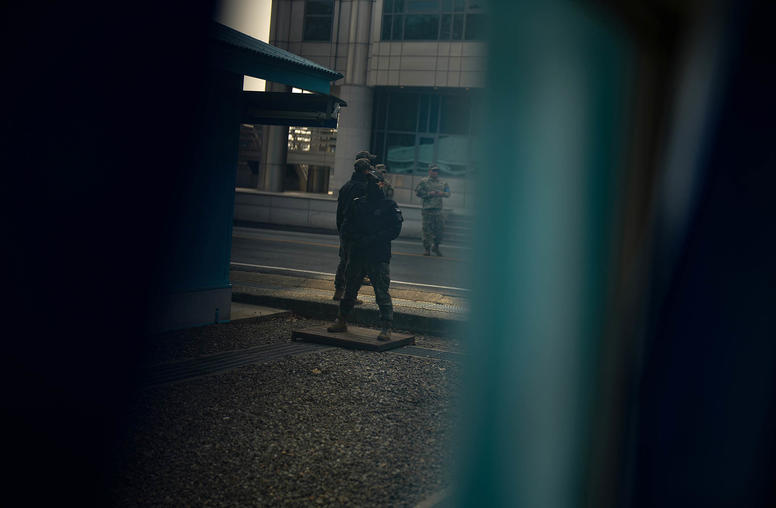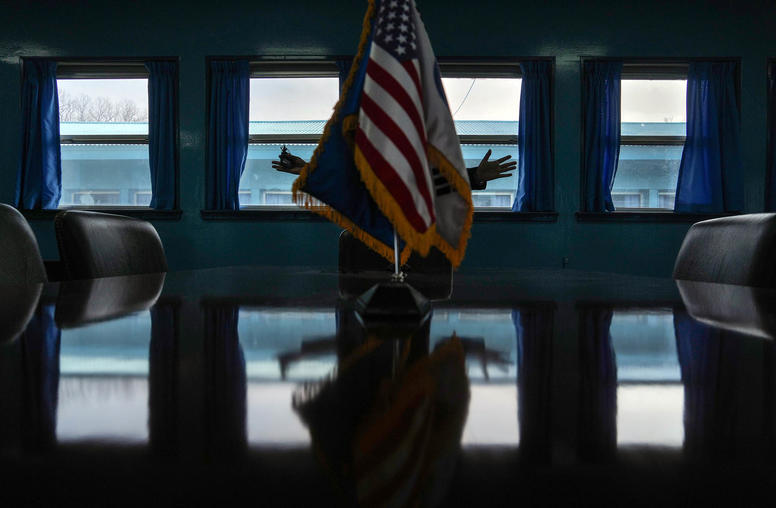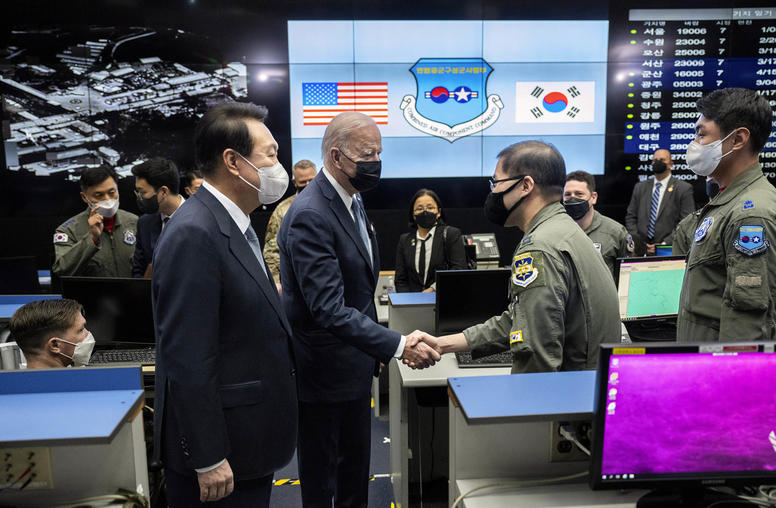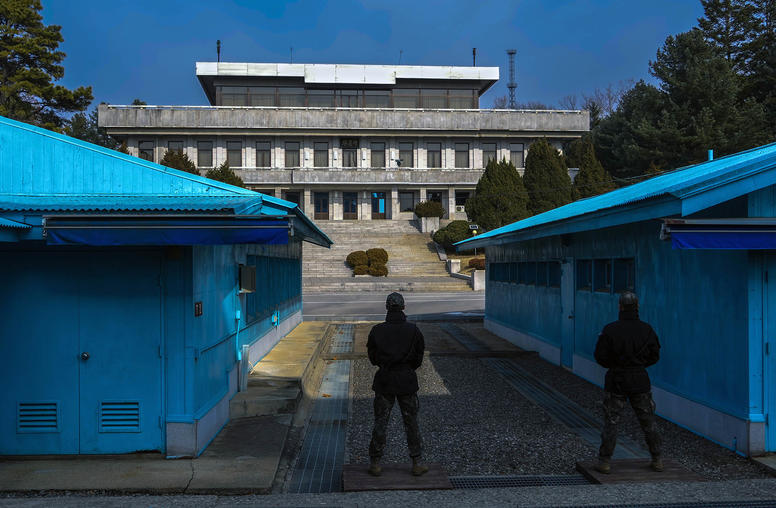Bong-geun Jun
Contact
Please submit all media inquiries to interviews@usip.org or call 202.429.3869.
For all other inquiries, please call 202.457.1700
Dr. Bong-geun Jun is a nonresident senior advisor for Northeast Asia at USIP.
Jun is currently professor emeritus at the Korea National Diplomatic Academy, after teaching and researching there from 2005 to 2023. He is also the president of the Korean Nuclear Policy Society based in Seoul. Prior to his current appointments, Jun held several governmental and nongovernmental positions, including as a policy advisor to the South Korean Ministry of Unification, as secretary for international security affairs in the Office of the President, and as a professional staffer at the New York headquarters of the Korean Peninsula Energy Development Organization.
Jun’s research areas cover the North Korean nuclear issue, inter-Korean relations, Northeast Asian politics, nuclear policy, nuclear energy and strategic studies.
Jun received his bachelor's and master's degrees in international relations from Seoul National University and his doctorate in political science from the University of Oregon.
Jun is the author of numerous books and articles, including (in Korean): “The Tragedy of International Politics of the Korean Peninsula” (2023), “The Thirty Year’s Nuclear Crisis on the Korean Peninsula” (2023), and “The Politics of Denuclearization” (2020).



